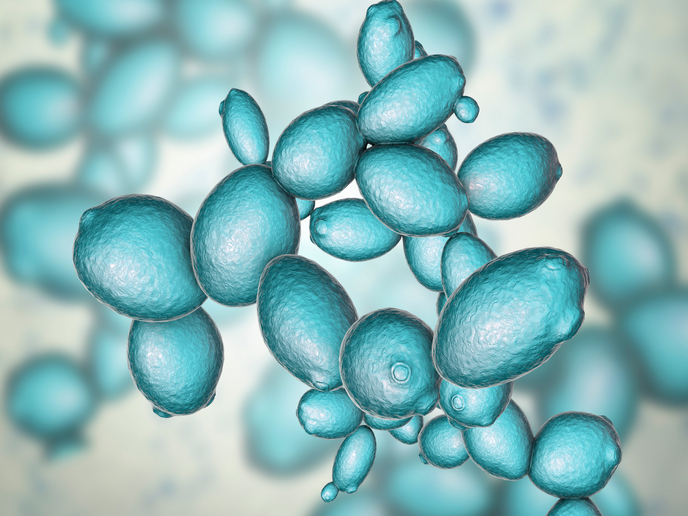Anticancer drugs in short supply? The solution lies in brewer’s yeast
Although on the World Health Organization’s list of essential medicines, the anticancer drug called vinblastine is notoriously difficult to obtain from its natural source, a plant called the Madagascar periwinkle. It has also been impossible to replicate for bulk production through synthetic chemistry. Employing synthetic biology, an international team of researchers has succeeded in engineering yeast – the very same yeast used for centuries to make beer and bread – to increase supply of this important anticancer drug. A study describing the process has been published in the journal ‘Nature’. “The yeast platform we developed will allow environmentally friendly and affordable production of vinblastine and the more than 3,000 other molecules that are in this family of natural products,” explains study senior author Dr Jay Keasling from the Technical University of Denmark (DTU) in an article posted on ‘Newswise’. DTU is the coordinator of MIAMi, an EU project that has provided funding for this research. “In addition to vinblastine, this platform will enable production of anti-addiction and anti-malarial therapies as well as treatments for many other diseases,” continues Dr Keasling. Vinblastine belongs to a group of botanical compounds called monoterpenoid indole alkaloids (MIAs) that are used to treat a variety of human diseases. Vinblastine is used as a treatment for different types of cancer, such as lymphomas and testicular, ovarian, breast, bladder and lung cancers. It works by inhibiting cell division, in this way preventing the cancer from growing. Unfortunately, the complex atomic structures of MIAs prevent them from being replicated through synthetic chemistry. So, the only alternative until now for producing vinblastine has been to grow and harvest its source plant in enormous quantities in order to extract the molecules needed to create the drug. More specifically, it takes 500 kg of dried Madagascar periwinkle leaves to produce a single gram of the drug.
A new pathway to vinblastine production
The research team set out to engineer a microbe-based production process for the creation of vinblastine, given that this commonly used chemotherapy drug has often been in short supply in recent years. However, producing a MIA using yeast as the host organism was a huge challenge. “The 31-step vinblastine biosynthetic pathway, which wasn’t fully elucidated until 2018, is remarkably complex,” notes first author Dr Jie Zhang, also from DTU. “This study showcases the longest biosynthetic pathway refactored into a microbial cell factory to date, including 30 enzymatic steps to convert two molecules naturally made by the yeast into catharanthine and vindoline – the precursors of vinblastine.” In total, 56 genetic edits were performed to get a strain that could produce consistent and sufficient supplies of the two molecules. Following this success – achieved thanks to partial support from MIAMi (Refactoring monoterpenoid indole alkaloid production in microbial cell factories) – the researchers aim to tackle production of other anticancer MIAs, such as vincristine and irinotecan. Dr Zhang concludes: “The pathway could also be augmented to produce new-to-nature MIAs, which may have improved pharmacological properties such as higher efficacy or fewer side effects. This will potentially enable us to explore the almost infinite chemical space with many new bioactivities.” For more information, please see: MIAMi project website
Keywords
MIAMi, cancer, vinblastine, anticancer drug, yeast, molecule, monoterpenoid indole alkaloid



